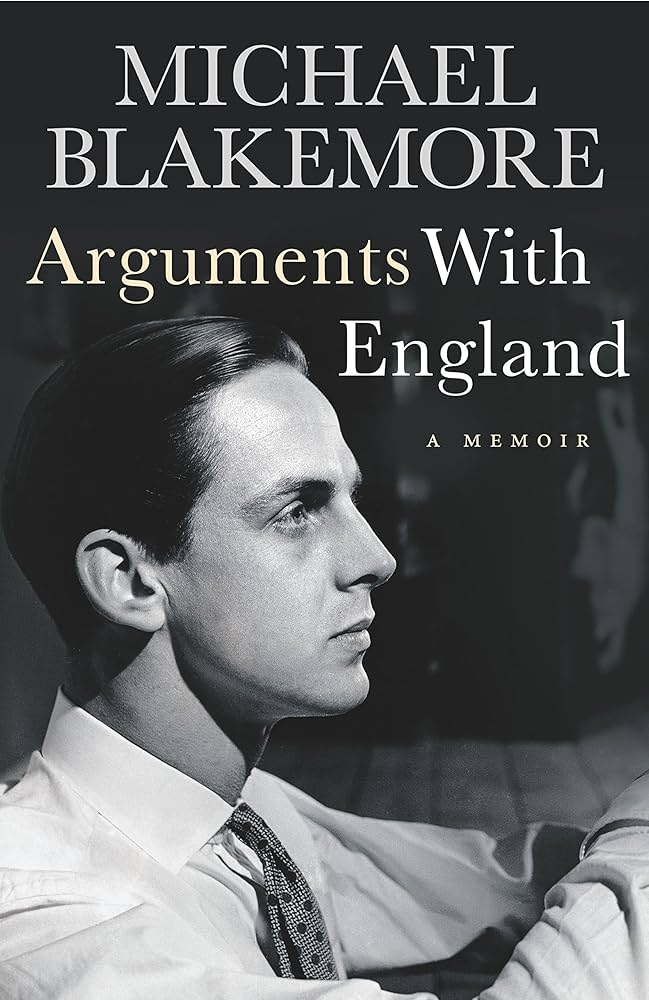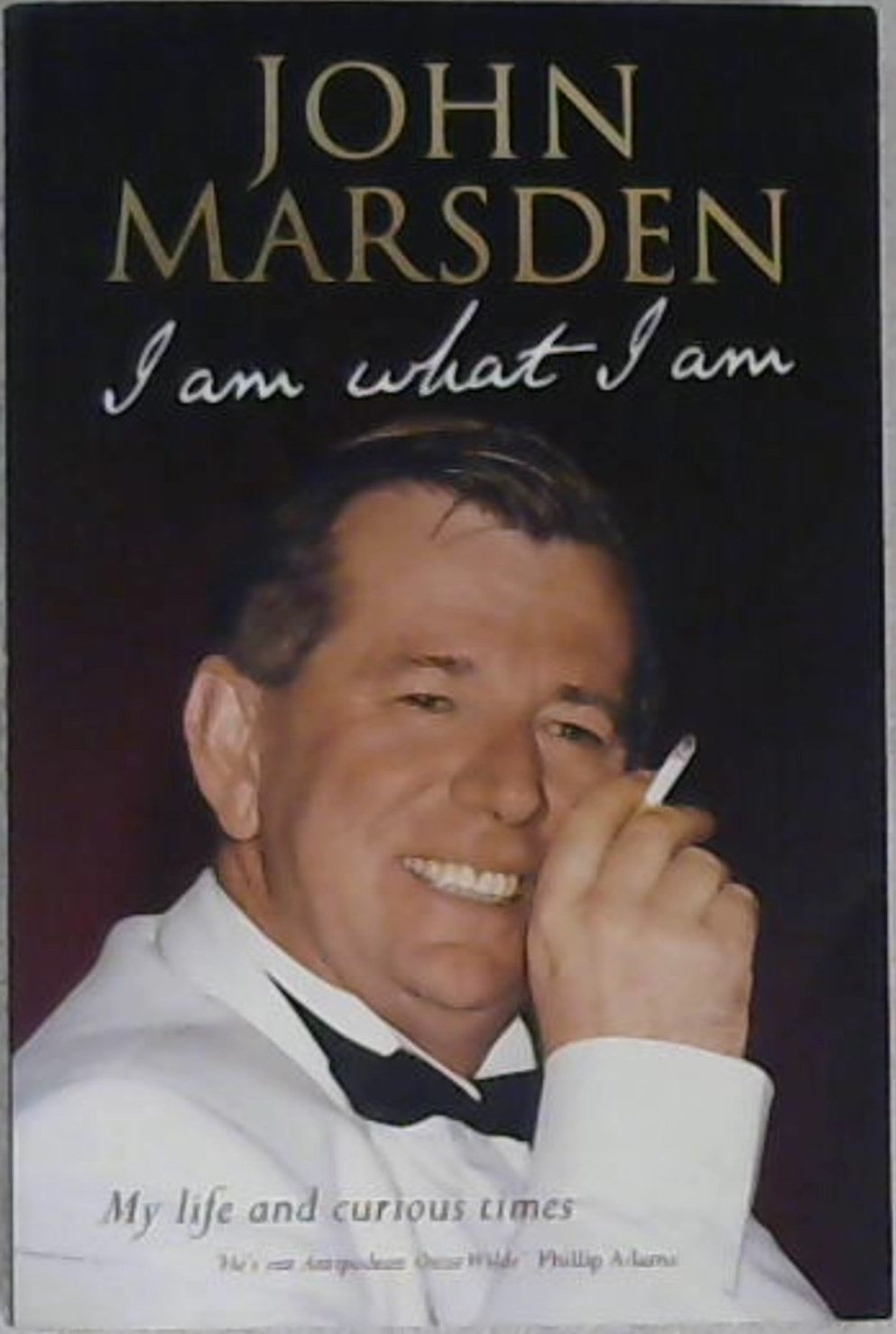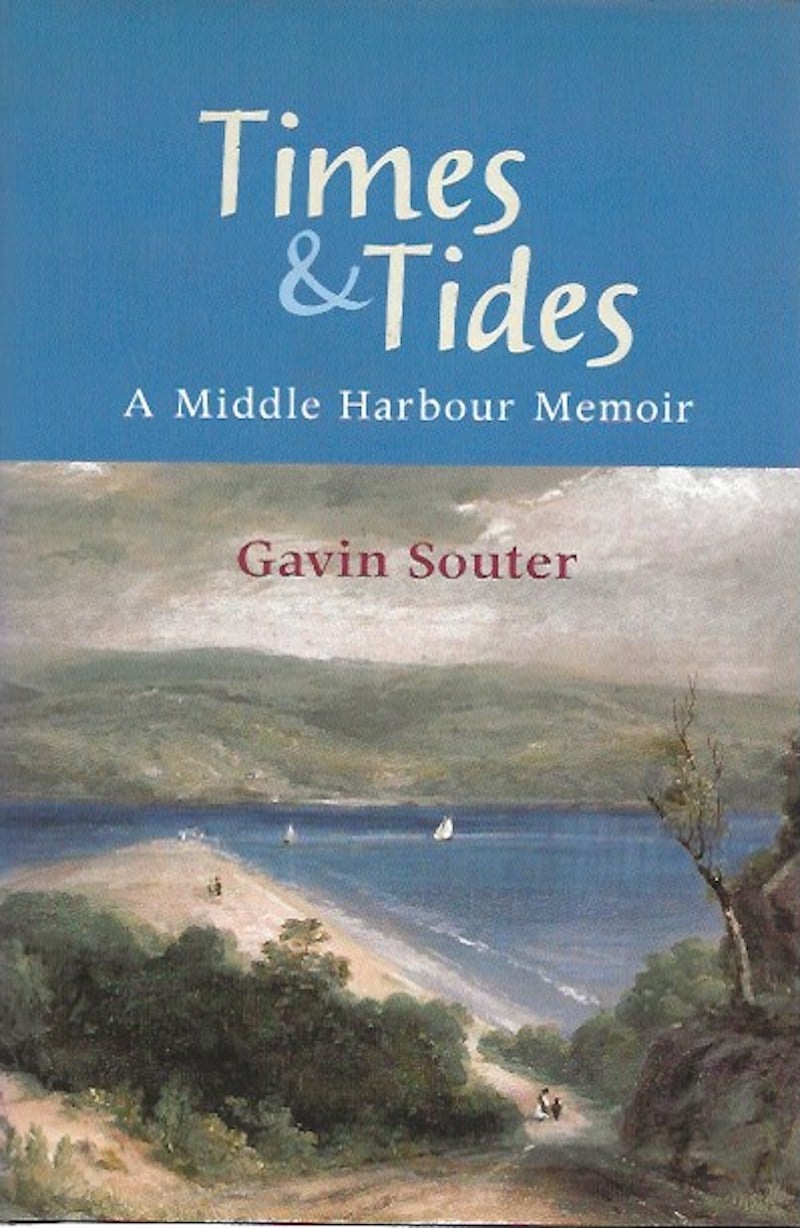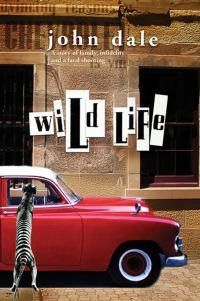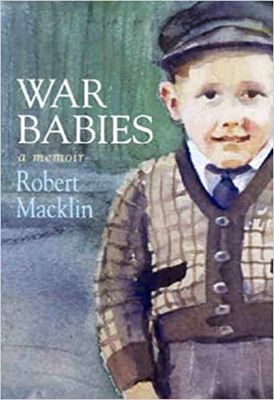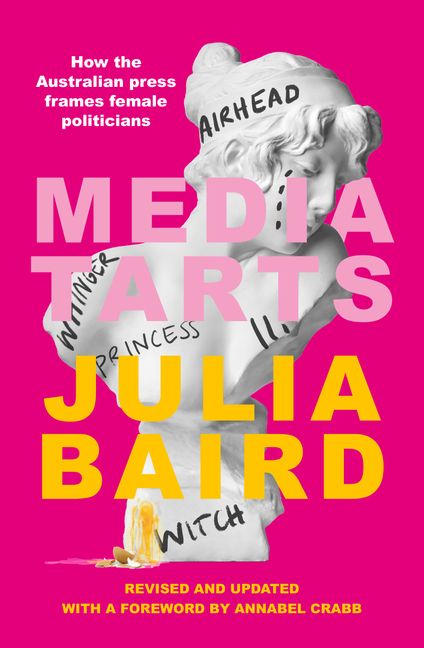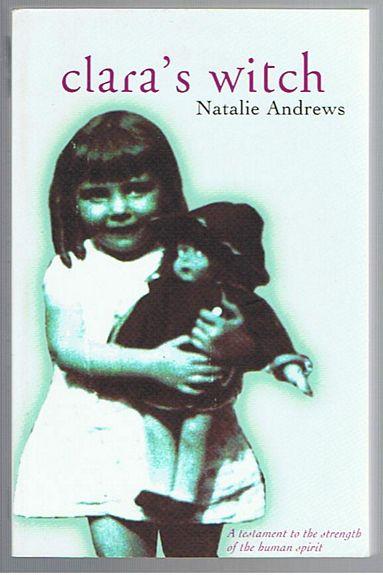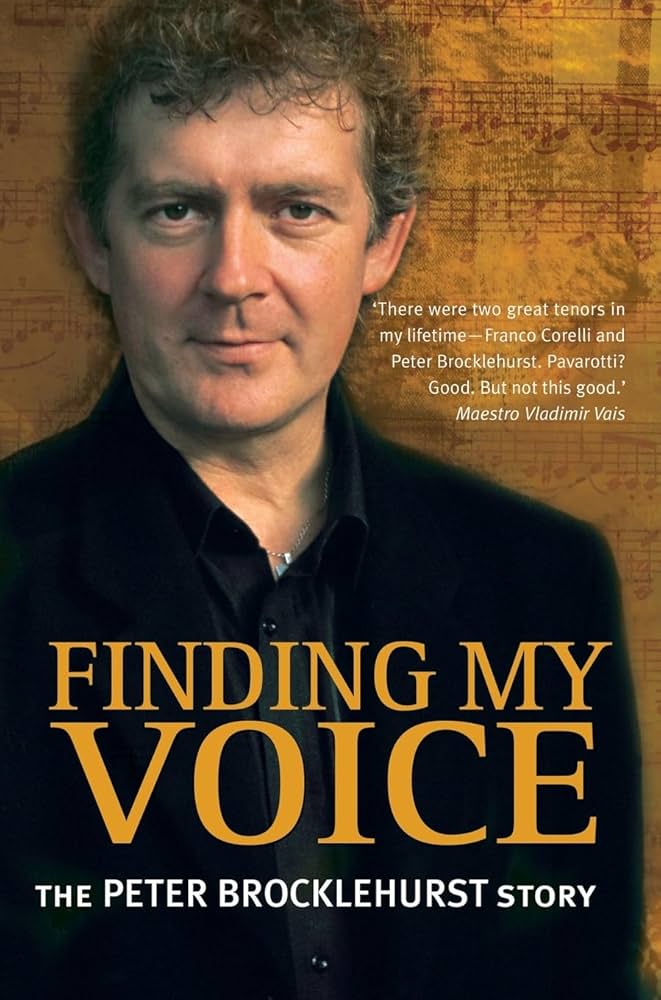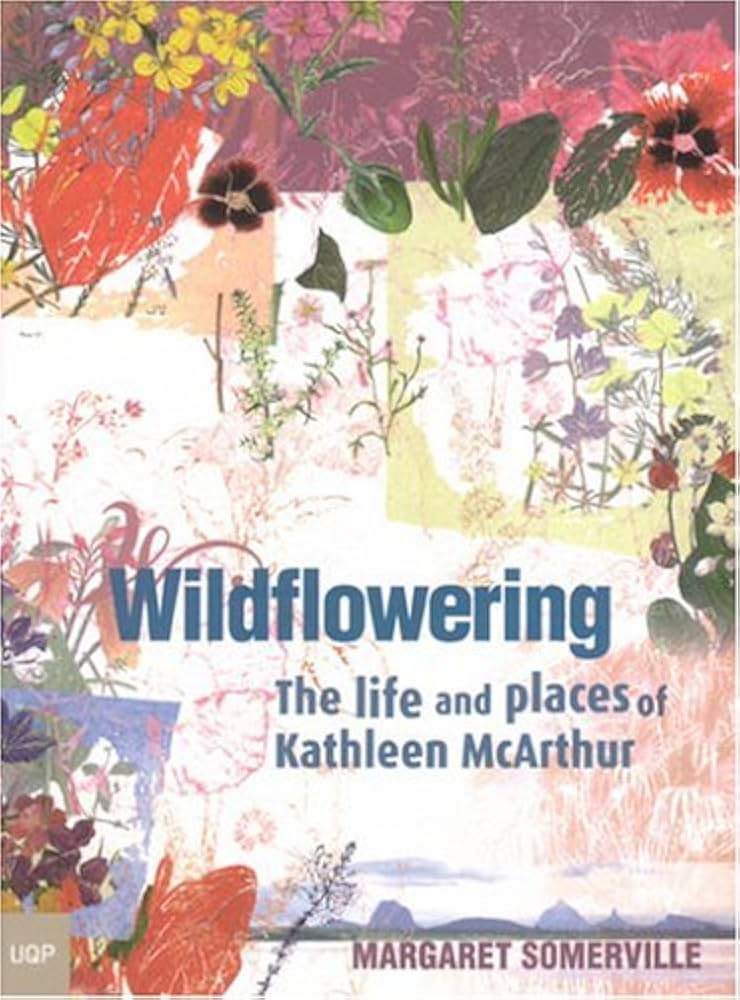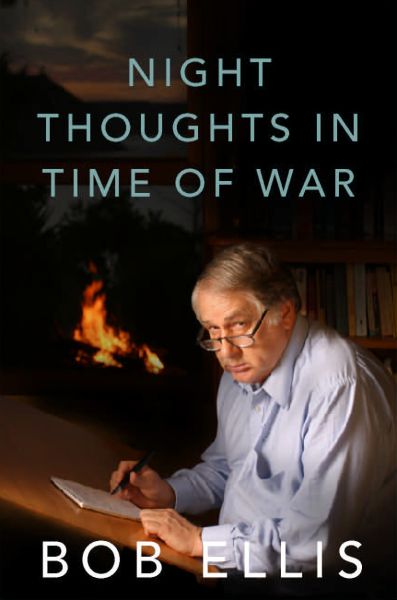Memoir
Arguments with England: A memoir by Michael Blakemore
Michael Blakemore’s memoir begins with his departure from Sydney in 1950 to study acting at RADA in London, and ends with him on the threshold of his new career in 1965 as director of such major successes as A Day in the Death of Joe Egg and The National Health. An early enthusiast of Bertoli Brecht, Blakemore made his name directing plays by Peter Nichols. He quickly acquired a reputation for independence and originality, staging plays by Arthur Miller, David Hare, Peter Shaffer, Don DeLillo, David Mamet and seven premieres by Michael Frayn. He worked with his actors, seizing on accidents to build moments of spontaneous truth. This memoir describes his initial fifteen years in English repertory theatre.
... (read more)I Am What I Am: My life and curious times by John Marsden
If the world is divided between those who celebrate their birthday in a flamboyant manner and those who don’t, then John Marsden unquestionably belongs in the first camp. At least, he did before his much-publicised fall from public grace. Marsden begins his autobiography with a detailed account of his fiftieth birthday. A full year earlier, he began mailing monthly teaser invitations to his guests. The first read, in capitals: ‘An important invitation. You have been invited to one of the most important events of 1992.’ Each month, more information dribbled out, until the day itself, when a ‘rich smattering of state cabinet ministers; Liberal, Labor and Democrat politicians; lawyers, judges, civic leaders and business heavyweights all made the sunset pilgrimage to a hillside on the edge of town along a darkened stretch of the road.’ The reader gets the message: this birthday boy was one hell of a mover and shaker, a player, a friend of the rich and powerful, and, as the Grange Hermitage flowed freely, one damn fine host; a man at the height of his powers.
... (read more)Times & Tides: A Middle Harbour memoir by Gavin Souter
Near a little beach at Northbridge, in the heart of Sydney’s northern suburbs, the vertical rock face carries the image of a whale, about life-size, created by the original inhabitants at some indeterminate date. ‘[B]ecause of its precipitous location,’ says Gavin Souter, ‘one cannot stand far enough away to take it in all at once. Head, fins, flukes and flippers have to be viewed separately, then put together.’
... (read more)Tasmania is a wild place, the home of the last great temperate rainforests on the planet. Somewhere in those forests, or perhaps in the sclerophyll scrublands of the north-cast, may still be lurking a thylacine, the famed Tasmanian tiger. Over the years, there has been no end of searching, so far with no result. Despite numerous reported sightings, all we know for certain is that the last one ever sighted, a female, died on 7 September 1936 in miserable captivity in Hobart Zoo.
... (read more)For some long-forgotten and surely misplaced medical reason, I was forced as a child to take spoonfuls of vile white poison called Hypol. It may have had some sinister connection with cod-liver oil – I no longer know or care. I mention this arcane information because Robert Macklin’s memoir War Babies, is the first example know to me of Hypol’s appearance in a literary work. I don’t recall anyone else mentioning ‘the Rawleigh’s man’ from whom my mother, not liking to send this hawker away without a sale of any kind, would buy jelly crystals.
... (read more)Media Tarts by Julia Baird & Chika by Kerry Chikarovski and Luis M. Garcia
Bring back Carmen. Bring back Cheryl. Bring back Natasha. I would even have accepted a bit of Bronwyn as a relief from the relentless maleness of this year’s federal election campaign. The female politicians who were household names less than a decade ago – Carmen Lawrence, Cheryl Kemot, Natasha Stott Despoja, Bronwyn Bishop and Pauline Hanson – have been disgraced, marginalised or relegated to the backbenches. Replacements do not appear to be imminent, in part because the still-pitiful number of female parliamentarians are rarely allowed to shine. In the campaign, for instance, talented female politicians such as Julia Gillard were kept tucked away, despite the fact that what might be called women’s issues – especially childbearing and rearing – were central to the platforms of both major parties.
... (read more)Clara’s Witch by Natalie Andrews & Midnight Water by Gaylene Perry
With biography and memoir, it seems that readers are buying a certain kind of truth –call it authenticity, the authority of fact. Yet all reading is escapism, even when we are escaping to what we consider true; even in non-fiction, we seek some of fiction’s satisfactions. This is the challenge: to find a theme and structure that will shape the story without sacrificing a sense of intransigent reality.
... (read more)Finding My Voice by Peter Brocklehurst with Debbie Bennett & Wings of Madness by Jo Buchanan
People often assume that actors and performers are extroverts, and that their work is a natural extension of an outgoing personality. But while, indeed, there are quite a few extroverts in the business, many who work in the performing arts are more likely to be introverts, for whom communicating with an audience is a form of expression that gives meaning to their lives.
... (read more)Wildflowering: The life and places of Kathleen McArthur by Margaret Somerville
‘Wildflowering’, a term coined by Judith Wright, describes the activity of searching for wildflowers in the bush. In letters between the poet and her friend, wildflower artist, writer and activist Kathleen McArthur (1915-2001), ‘the language of flowers’ becomes part of the mutual exchange of their friendship and epitomises the interactive and intimate relationship they maintained with landscape. Over the years, these women took the knowledge and love of their places into political campaigns to preserve the fragile ecology of an ancient coastland against the ravages of development and commercial exploitation.
... (read more)What the hell is Bob Ellis? Discuss. Ellis might put it like this himself. Chances are he’s asked the question of a street window once or twice in wonderment and mock self-mockery. He’s earned it. From the back-cover blurbs down the years, one has got, by way of label, ‘l’enfant terrible of Australian culture’ (The Inessential Ellis, 1992), ‘a kind of dusty national icon’ (Goodbye Babylon, 2002) and now, in a disappointing regression to understatement, ‘a political backroomer’. We can assume, I think, that these are self-descriptions. Another, from the text of Goodbye Babylon, puts it this way:
... (read more)
